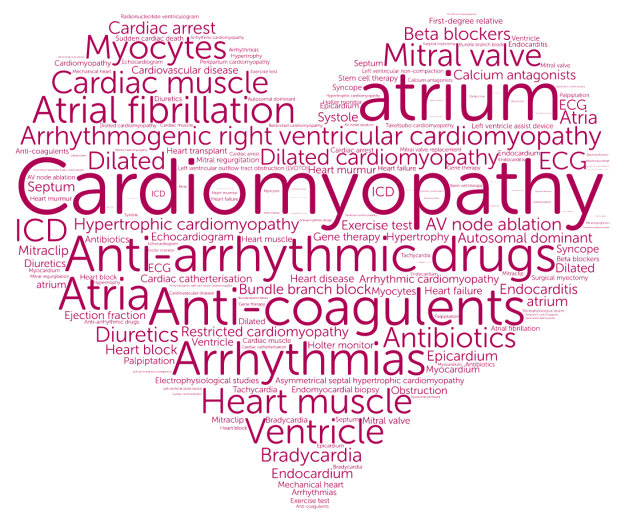Any heart disease in which the muscle of the heart (myocardium) weakens itself is known as cardiomyopathy. This term covers a number of heart conditions and all of these conditions cause injury to the muscles of the heart, thereby leading to an impaired function of the heart. In most of the cases, cardiomyopathy leads to heart failure. Heart enlargement treatment should be sought at once.
In some of the forms of this problem, the muscles of the heart which are weakened, end up becoming thin. In all the other forms, the muscles thicken themselves. In both these cases, the ventricles of the heart often suffer from the trouble in the pumping of blood. This causes blood to stagnate in the heart which results in the formation of clots in the heart. If a clot breaks free and enters into the circulation, it may lead to stroke.
Causes:
According to a heart hospital in Delhi, the following are the causes of cardiomyopathy:
- Myocarditis, an inflammation of the heart muscles that is caused by the way of a viral infection of any chronic inflammatory condition.
- Coronary artery disease.
- Consumption of a lot of alcohol.
- Invasion of the muscles of the heart by many abnormal cells or any other material.
- An inherited condition is known as hypertrophic cardiomyopathy that causes thickening of the heart muscles, specifically the wall located between the two ventricles. In severe cases, the extra muscle tends to obstruct the passage of the blood out of the heart, thereby causing fainting and could also lead to sudden death. This condition occurs before the age of 40 years and it could also affect children who are as young as 10 years respectively.
Symptoms:
Heart enlargement treatment is possible only after figuring out all its signs and symptoms. The signs and symptoms of this condition include the following:
- Shortness of breath or trouble in breathing especially during physical exertion
- Extreme fatigue
- Dizziness as well as light-headedness
- Fainting during any physical activity
- Swelling caused in the ankles, legs, feet, abdomen, and even veins of the neck
- Arrhythmias
- Chest pain, especially after heavy meals and physical exertion
- Murmuring of the heart.
Signs and symptoms of such heart failure usually occur during the later stages in cardiomyopathy as the heart begins to weaken itself.
Diagnosis:
Your doctor at the heart hospital in Delhi will diagnose the problem of cardiomyopathy based on your complete medical history. Furthermore, your family history, a physical examination as well as diagnostic test results are also taken into consideration. The physical examination involves the use of stethoscope where the doctor examines and listen to the heart and lungs for the sounds. Any kind of particular sound suggests a certain type of disease that your heart is suffering from. Furthermore, your doctor also carries out a number of diagnostic tests such as blood tests, Chest X-ray, Electrocardiogram, Holter and event monitors, echocardiogram, stress test, etc. in order to coin out the problem.
The treatment of the disease starts after diagnosis
